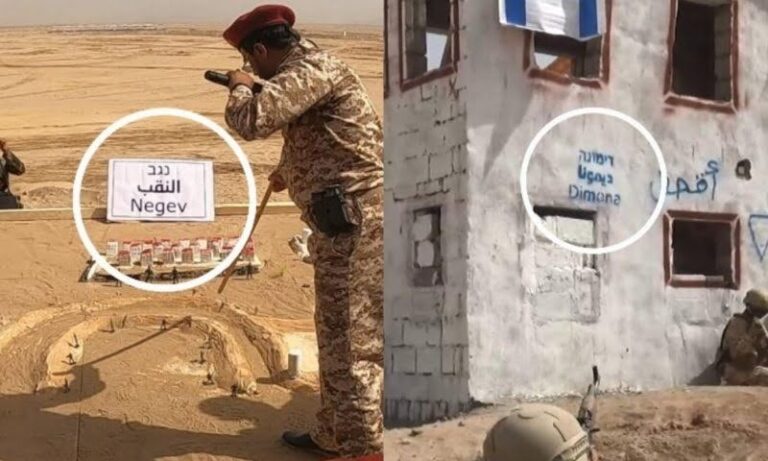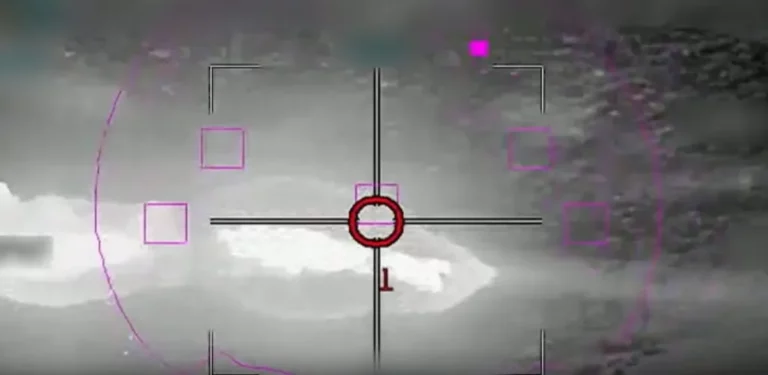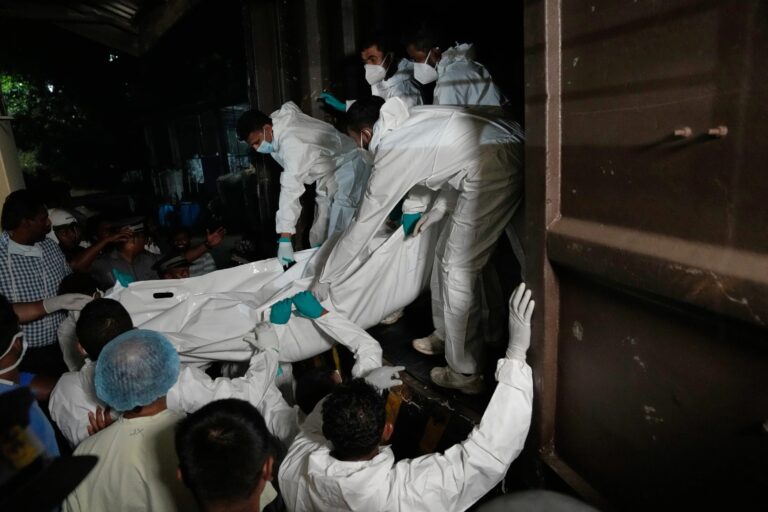And you should eat, be satisfied and bless Hashem your g-d. (8; 10)
The gemarah in berachos asks: how do we know that one makes a beracha before he eats and not just after he eats? The halacha is broughtfrom the following kal vchomer: ’k’shehu soveh mivarech-k’shehu ra’av lo kol shekein’? If one makes a beracha when satisfied should he not be logically obligated to do so, even more, when he is hungry?
This kal v’chomer needs explaining. Normally, it would seem just the opposite: The measuring standard should not be when a person is full, because it is not the way of a person to thank Hashem when he is full. He may have forgotten how he got the food altogether because he is already done with it. He is satisfied, and at times we are complacent when we are comfortable. Rather, it would seem more sensible that the psychology of a beracha acharona should be based on that of the beracha rishona.
This concept can be explained as follows. The loshon of ‘hoda’a’, thanks, is explained to mean that one is grateful for a past event. But theloshon of ‘beracha’ implies that one is praising Hashem for constantly bestowing good upon you, in the past present and future. When one makes a beracha one should believe that the beracha is applicable to the ‘current good’, the ‘tov b’shaas ma’aseh’. Giving thanks for something after it already happened is not the level we aspire to, because all the other nations do the same. As soon as something good is needed most people, of any language, religion or origin, say ‘please god…help me. ..make it happen.’ After it happens, they forget all about it. As the chosen nation, however, we thank Hashem on everything that he does, in the past, present and future. And that’s pshat in thepasuk in tehilim that says, ‘yoducha Hashem kol ma’asecha’, speaking of everyone (even the other nations) that thanks Hashem for all that he did for them (past tense). However, as the pasuk continues it shows how we differ from the other nations, as it says ‘vachasidecha yivurchucha’, the chesed that Hashem constantly does for us is blessed by his nation. We bless Hashem for the good he continuously does for us.
In bentching it would’ve made more sense to say ‘v’achalta, v’savata, v’hodaat Hashem’. We ate, we are satisfied and we thank Hashem. Why does it say ‘uveirachta’, and we bless Hashem? The Torah uses a language that’s more specific, to encompass all the good Hashem did, does, and will do for us, not just the meal we finished eating. This is the beauty of the nusach of bentching. We say ‘lo chaser lanu, v’al yechsar lanu mazon l’olam va’ed’. Meaning—we are not missing anything and we won’t be missing any food forever!!
Let us try to remember to thank Hashem not only what he did for us but for what he constantly does for us on a daily basis. Many people are healthy, have children, have parnassah, etc…. we don’t need a ‘wake up call’, chas v’shalom, in order for us to start davening with morekavanah. We’re able to use the bathroom by ourselves? Let’s thank Hashem…how many people unfortunately can’t? We have food to eat? Let’s thank Hashem…how many people don’t? A job? Children? Let us daven and thank Hashem right now for the good that he bestowed on us, right here right now; today.
With this in mind may Hashem accept and answer our tefillohs and may we continue to be showered with Hashems chesed up until, and even after, the coming of Moshiach b’karov.
HAVE A GREAT SHABBOS.
WE NEED YOUR HELP TO CONTINUE. PLEASE CONSIDER SPONSORING AN ISSUE, FOR ANY OCCASION. FOR DETAILS EMAIL: [email protected].
For questions or comments please send an email to: [email protected]
To add a friend to this weekly email list please send a request to: [email protected]
CHECK IT OUT. IT’S NOW LIVE. LOOK UP ALL YOUR FAVORITE VERTLUCH AT: www.vertluch.com










